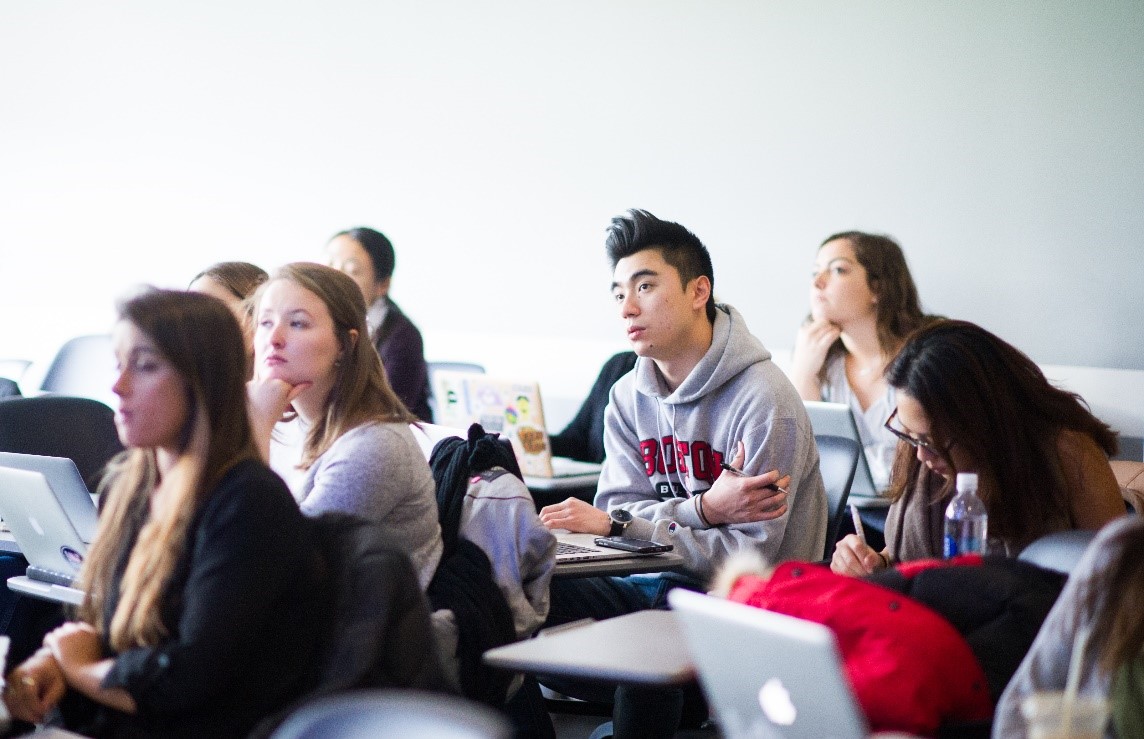
The proposed excise tax on certain private university endowments would impose an unprecedented tax on private donor funds, reduce support for institutional student aid, academic programs, and research, and redirect those funds to the federal government.
Our congressional leaders are moving closer to enacting tax legislation that imperils postsecondary educational access and affordability for over 21 million students expected to enroll at U.S. colleges and universities in 2018, and the countless others to follow. As the House and Senate move to conference, I hope they consider to the long-term consequences for students, their families, and the future strength of American higher education and its ability to achieve its charitable mission of teaching, research, and service.
The House proposal would tax vital student benefits that keep college within reach for many, including graduate student tuition waivers and employer-provided educational assistance. As I previously wrote, treating tuition waivers as income would dramatically increase the tax burden of many graduate students, especially those in STEM fields. A clear win-win, employer-provided educational assistance helps both employers and employees by incentivizing continuing education.
Fortunately, Senate tax writers recognize the importance of these benefits and retain each.
Our students remain threatened, however, by something less obvious: each tax plan proposes a 1.4 percent excise tax on certain private university endowments. Beyond setting a dangerous precedent, this disturbing provision would risk the pursuit of higher education for many current and prospective students and harm the financial position of many private universities, including those that conduct cutting-edge biomedical, national security, and other research on behalf of the American taxpayer.
One such institution, Vanderbilt University, spends roughly $270 million annually on student financial aid, with endowment funds supporting one-third of that aid. Vanderbilt invests gifts made by private individuals and uses the returns to help the neediest students finance higher education. If enacted, this tax would rip away roughly $7 million – the equivalent of supporting roughly 104 students on full-cost-of-attendance scholarships each year.
Another institution, Columbia University, would see a tax on the annual proceeds of a new gift that will eliminate student loans for all medical students, likely limiting scholarships the University intends to provide to the neediest medical students to cover costly living expenses.
And hundreds other private and public universities use their endowment funds to provide financial grant aid to their students. Harvard University, for example, set a record in financial aid by distributing $414 million to students in the past academic year, including $175 million in need-based aid to undergraduate students. Undermining this institutional aid by levying an unprecedented tax risks the postsecondary goals of many low- and middle-income students and threatens the global preeminence of some of America’s best private research universities – where scientific discovery and innovation bolster national security and the U.S. economy.
The choice is clear: student aid and endowment funds can go to students and research that propel our nation forward or those funds can go to the IRS. I urge Congress to choose students, research, and jobs over Washington.